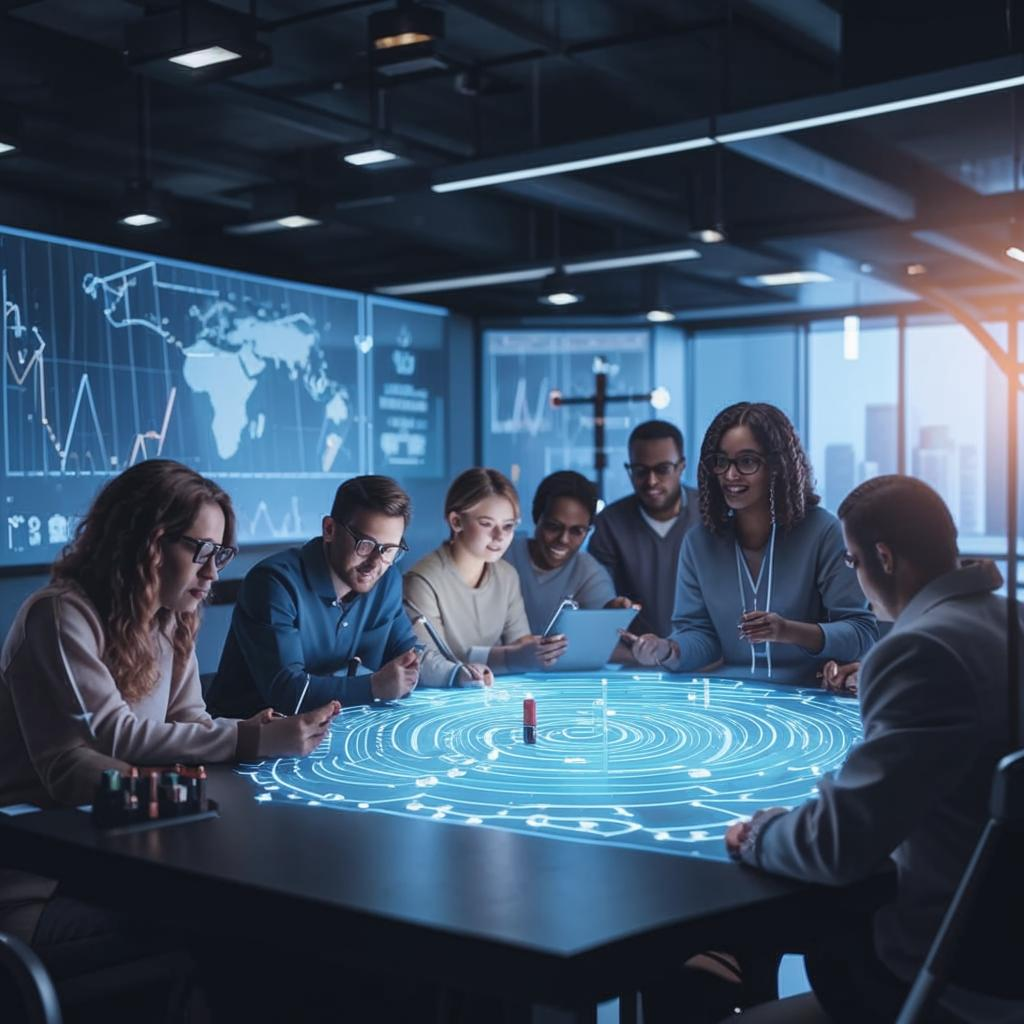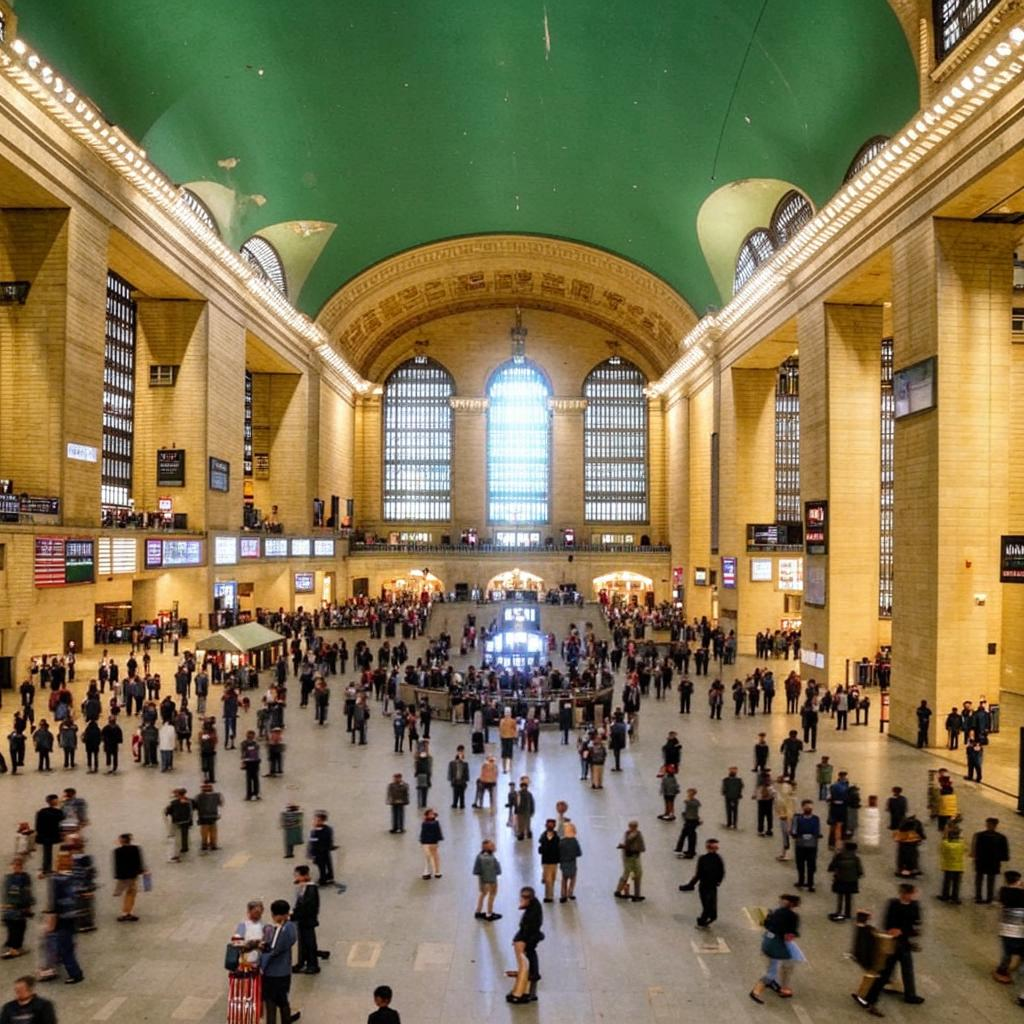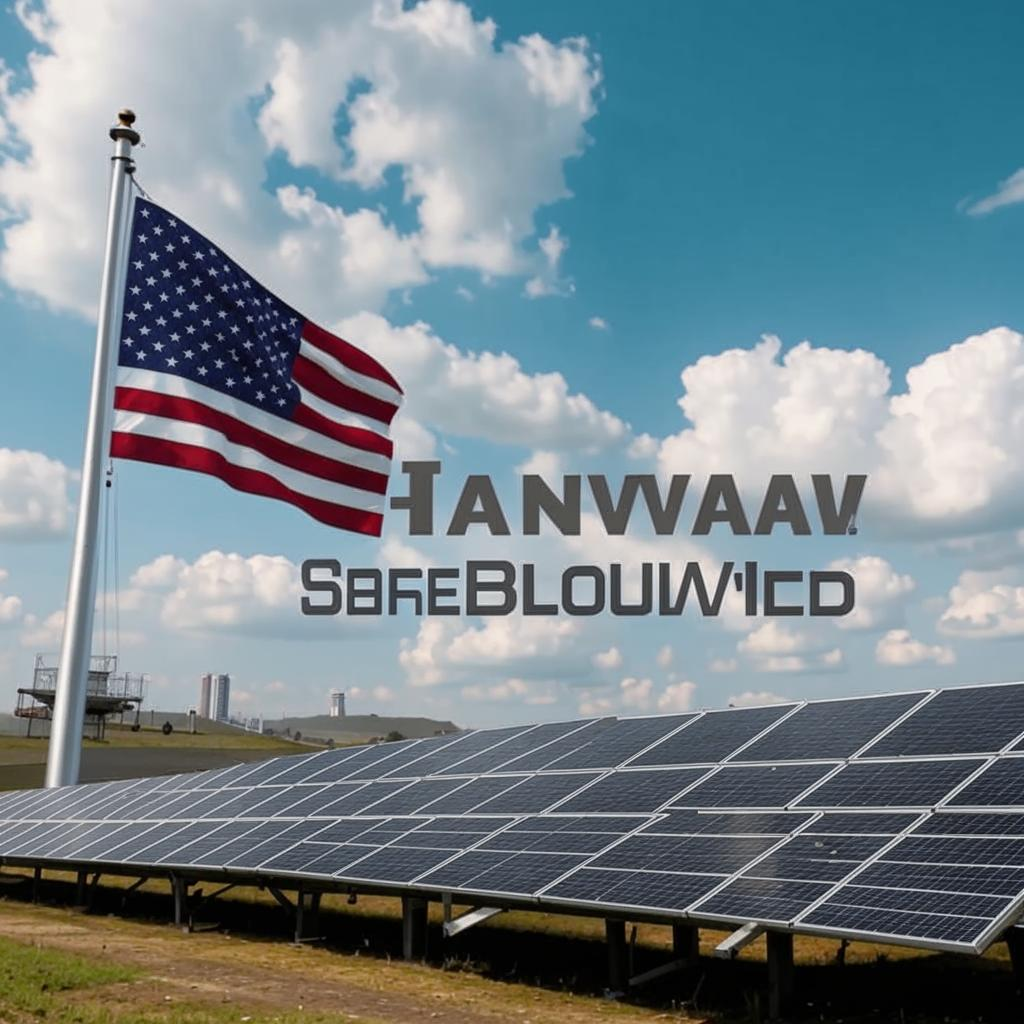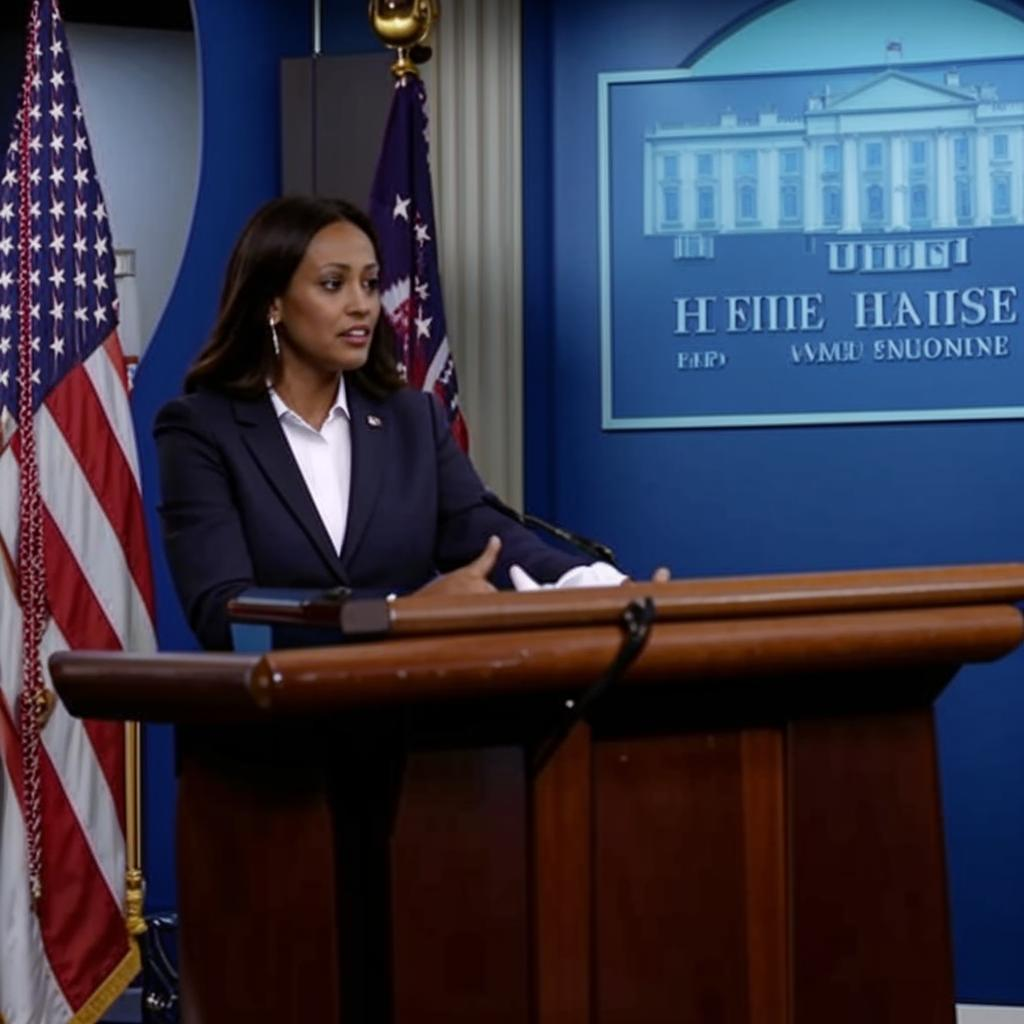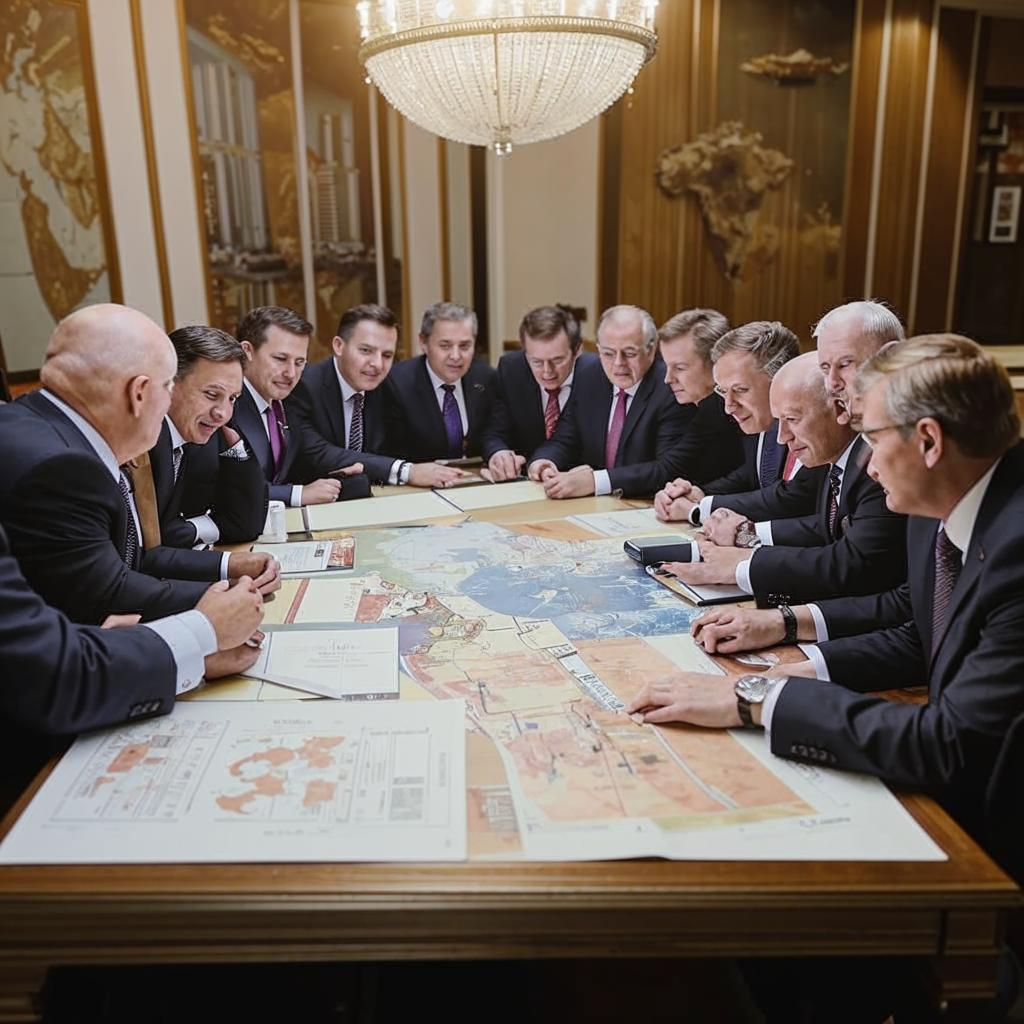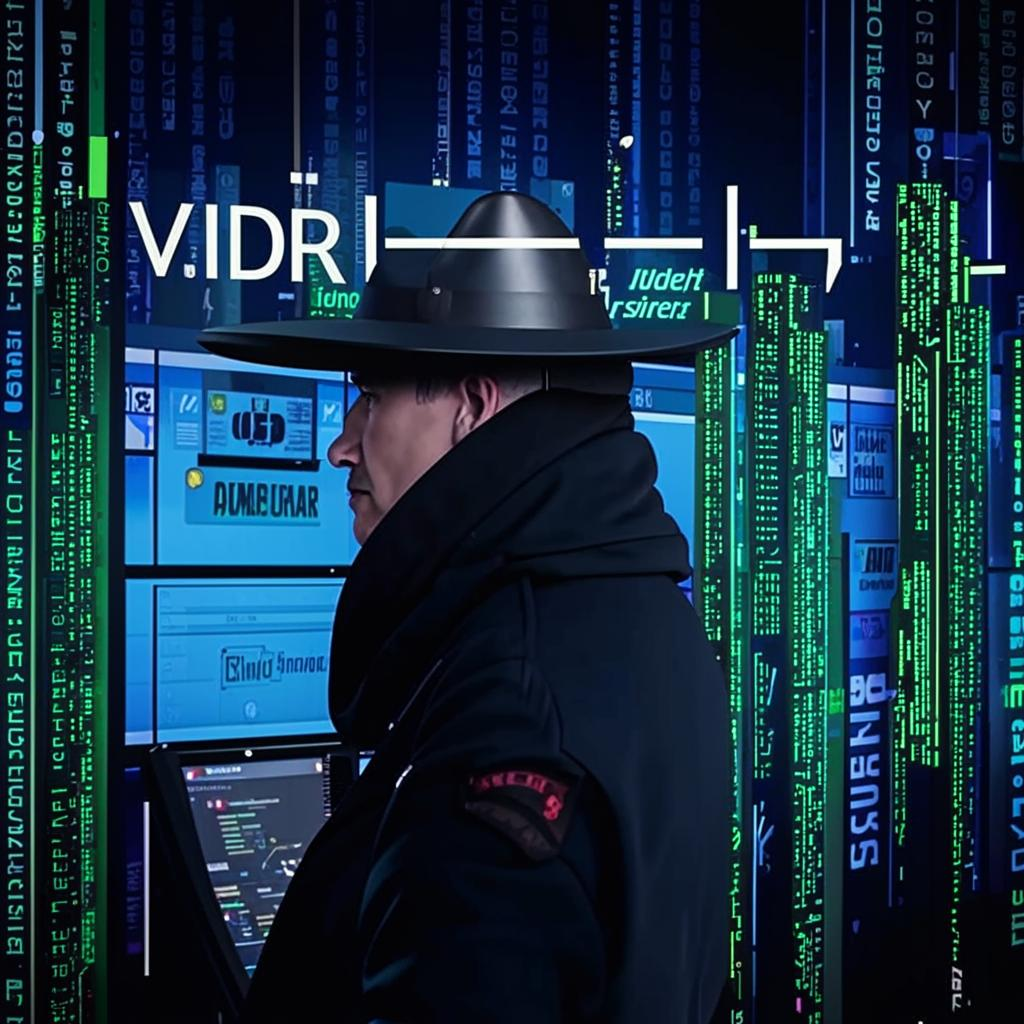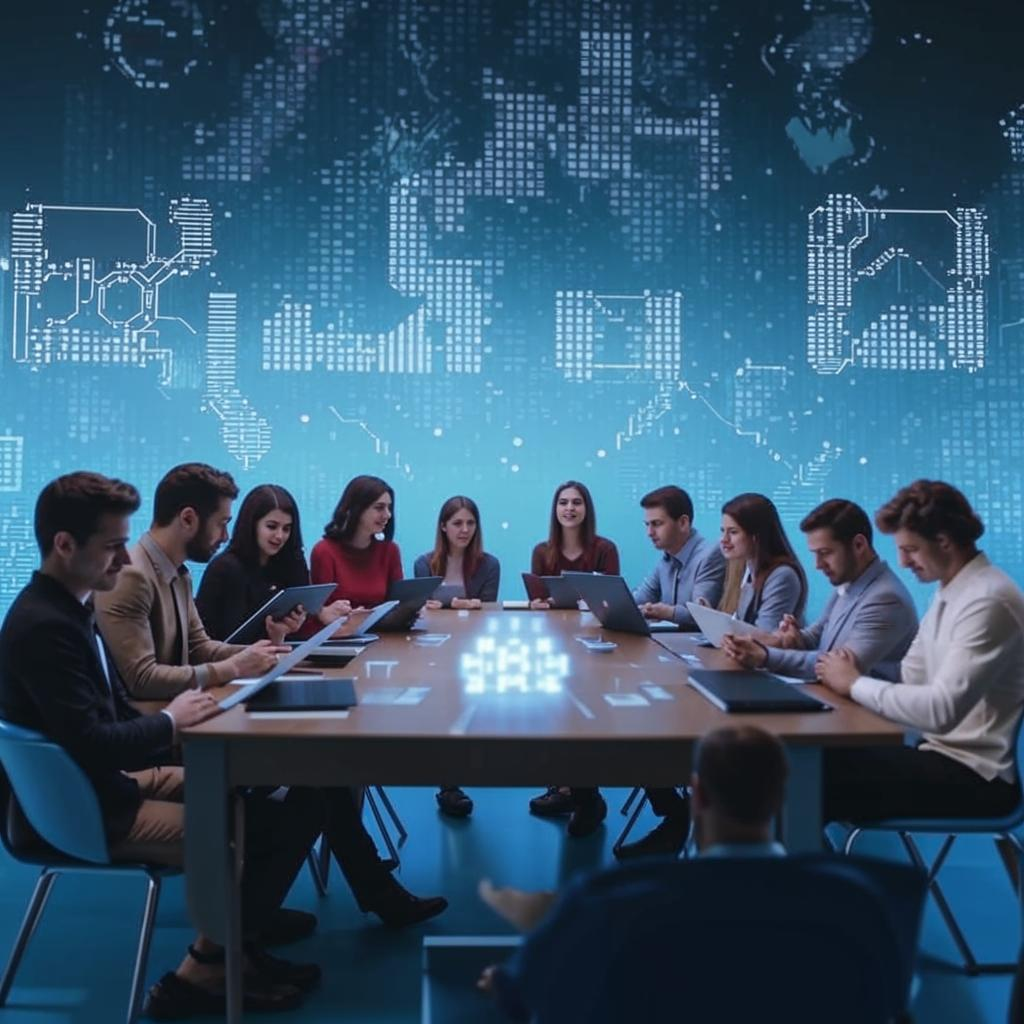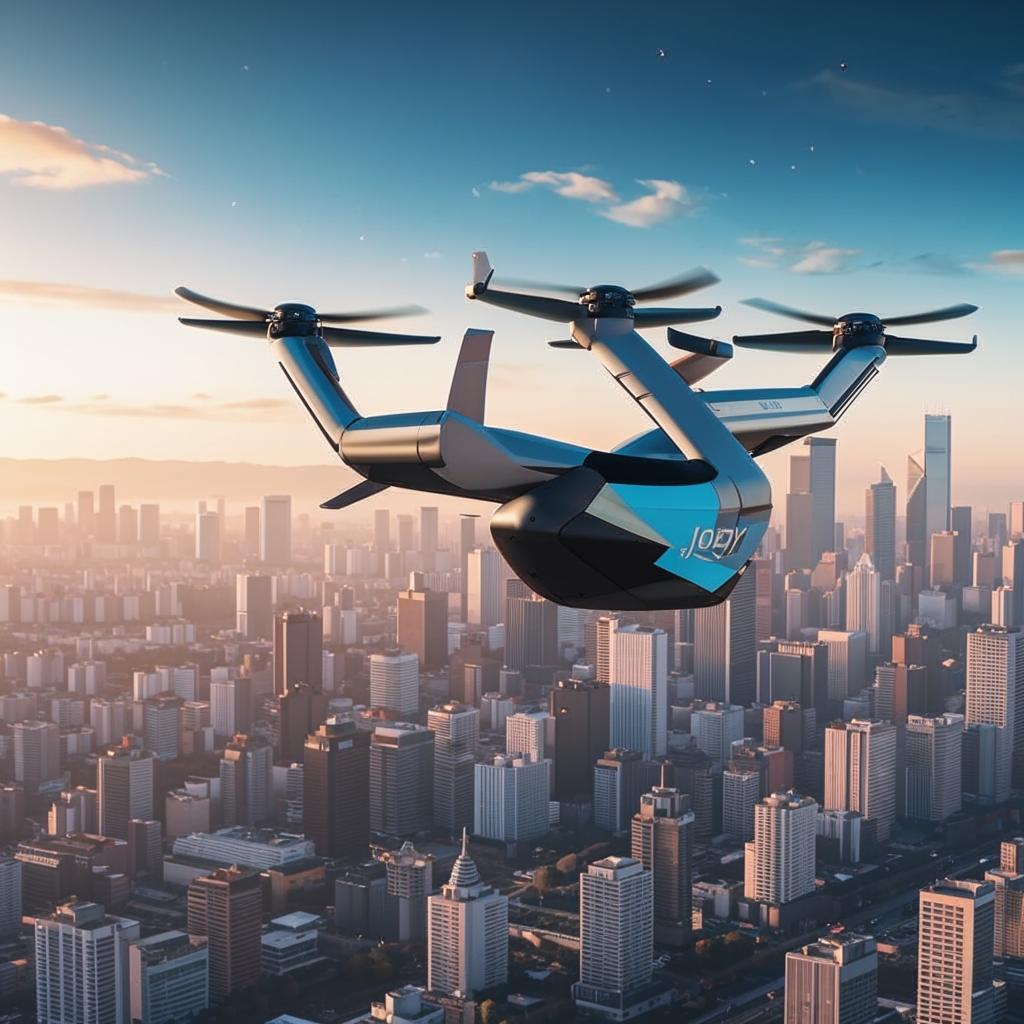AI-generated content is rapidly changing the creative landscape. From generating realistic images to composing music and writing articles, AI’s capabilities are expanding. This has sparked both excitement and concern.
The accessibility and efficiency of AI tools democratize content creation, allowing individuals and small businesses to produce high-quality material without extensive resources. Marketing teams are leveraging AI to personalize ad campaigns, musicians are using it to explore new soundscapes, and writers are experimenting with AI as a co-author.
However, the proliferation of AI-generated content raises several critical questions. Copyright and ownership issues are murky, as AI models are trained on vast datasets of existing works. The potential displacement of human artists and creators is a looming concern. The risk of spreading misinformation and deepfakes is amplified by the ease with which AI can generate convincing fake content. Furthermore, the aesthetic quality and originality of AI-generated art are hotly debated.
The rise of AI in content creation presents both opportunities and challenges. Regulations, ethical guidelines, and innovative business models are needed to navigate this evolving landscape. While AI may not replace human creativity entirely, its impact will reshape the future of art, media, and communication. The debate over AI-generated content is far from over, and its ultimate role in society remains to be seen. Finishtit




